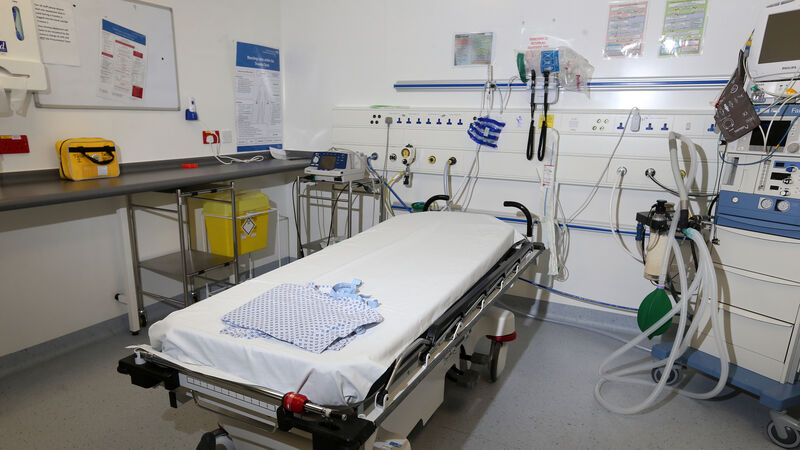Rural Ireland Thinks poll: Majority of rural Ireland would favour assisted dying

When people in rural Ireland were asked if Ireland should introduce laws to permit assisted dying and euthanasia, 32% strongly agreed, 25% somewhat agreed, 10% neither agreed nor disagreed, 5% somewhat disagreed; 16% strongly disagreed; 9% didn’t know and 3% preferred not to say. Picture: Lynne Cameron/PA
A majority of people in rural Ireland would support laws to enable assisted dying or euthanasia, with 57% in favour of the measure and 21% opposed.
The findings are contained within the Irish Examiner / Ipsos rural Ireland poll which also found that 55% believe legalised abortion has had a positive impact on the country, while 18% believe it has not.













